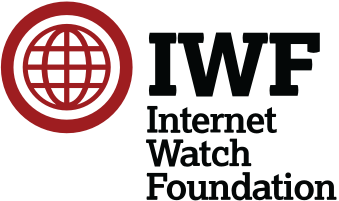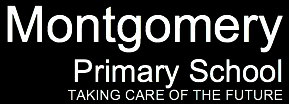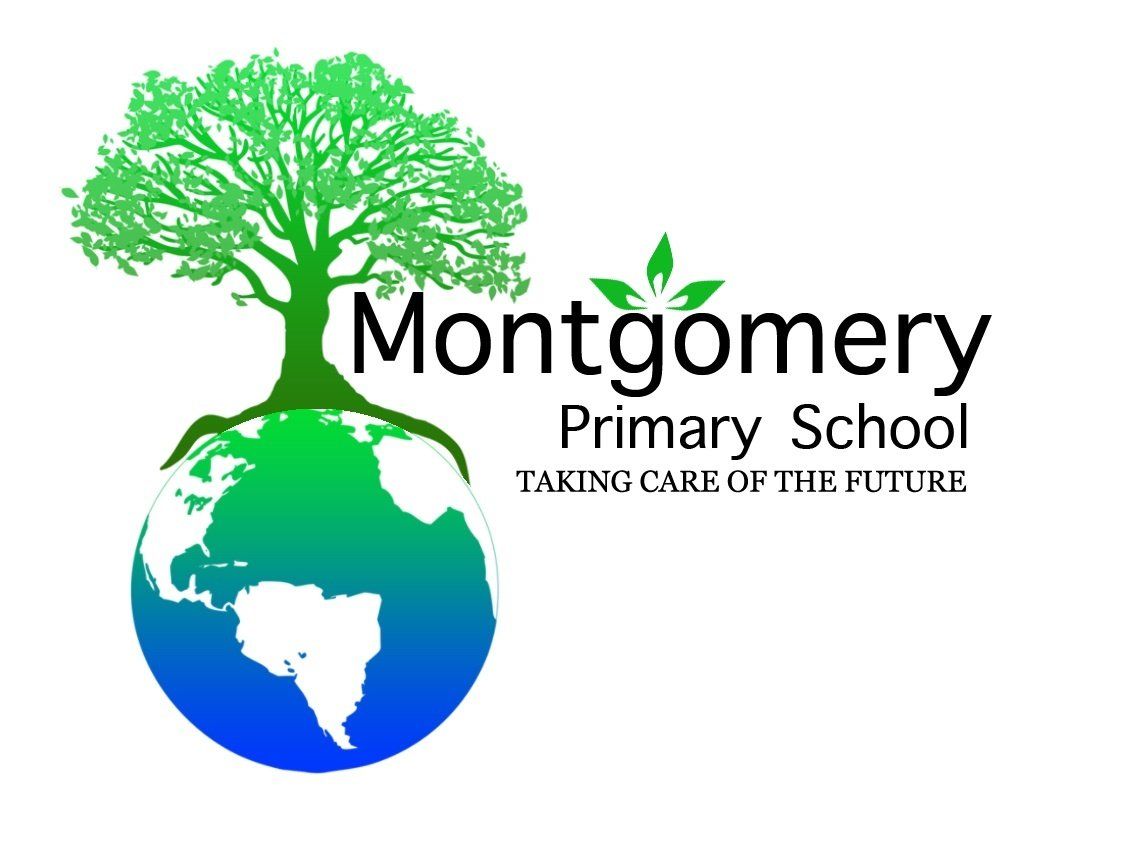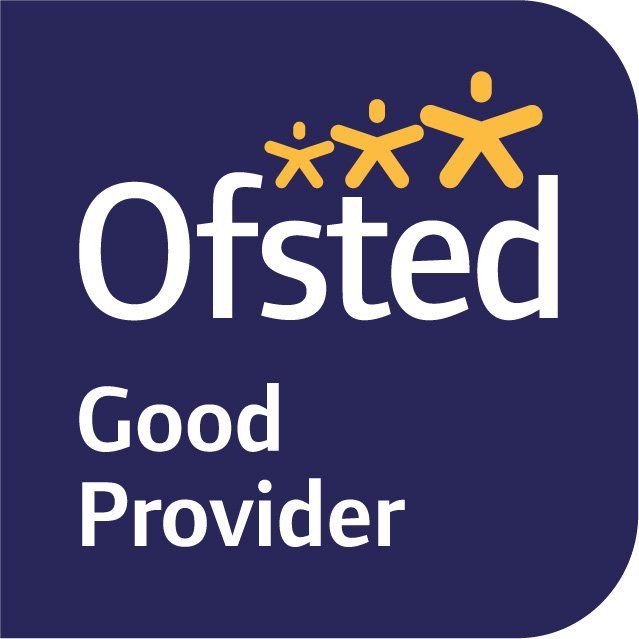Montgomery News & Events
School Closure
Dear Parents and Carers,
As I am sure you are now aware, the Government has taken the decision to close schools from Friday 20th March. From next week our school’s focus will move to an educational day care role, where the formal curriculum will be relaxed. We are evolving plans for how the school will be open, in response to government announcements, which we are hearing at the same time as you. We are currently carrying out a feasibility study looking at school hours and opening to key workers children, during the planned Easter holidays, to help with essential child care to support people to attend work.
We will also be in direct contact with parents of vulnerable pupils to discuss arrangements with them.
Additionally, we are finalising plans to provide a range of educational activities on-line, each week, for all children to access at home. Details will follow.
We feel it is a great privilege that the Government has called upon schools to play their part in combating COVID-19 and in supporting our pupils and communities in this unprecedented time. I know that with your support, we will be able to look back on this crisis and say that together, we played our part and pulled together.
The government has asked parents to keep their children at home , wherever possible , and asked schools to remain open only for those children who absolutely need to attend.
It is important to underline that schools, colleges and other educational establishments remain safe places for children. But the fewer children making the journey to school, and the fewer children in educational settings, the lower the risk that the virus can spread and infect vulnerable individuals in wider society.
Schools are, therefore, being asked to continue to provide care for a limited number of children
- children who are vulnerable
- children whose parents are critical to the Covid-19 response and cannot be safely cared for at home.
Vulnerable children include children who are supported by social care, those with safeguarding and welfare needs, including child in need plans, on child protection plans, ‘looked after’ children, young carers, disabled children and those with education, health and care (EHC) plans.
Parents whose work is critical to the COVID-19 response include those who work in health and social care and in other key sectors outlined below. Many parents working in these sectors may be able to ensure their child is kept at home. And every child who can be safely cared for at home should be.
Please, therefore, follow these key principles:
1.If it is at all possible for children to be at home, then they should be.
2.If a child needs specialist support, is vulnerable or has a parent who is a critical worker, then educational provision will be available for them.
3.Parents should not rely for childcare upon those who are advised to be in the stringent social distancing category such as grandparents, friends, or family members with underlying conditions.
4.Parents should also do everything they can to ensure children are not mixing socially in a way which can continue to spread the virus. They should observe the same social distancing principles as adults.
If your work is critical to the COVID-19 response, or you work in one of the critical sectors listed below, and you cannot keep your child safe at home then your children will be prioritised for education provision :
Health and social care
This includes but is not limited to doctors, nurses, midwives, paramedics, social workers, care workers, and other frontline health and social care staff including volunteers; the support and specialist staff required to maintain the UK’s health and social care sector; those working as part of the health and social care supply chain, including producers and distributers of medicines and medical and personal protective equipment.
Education and childcare
This includes nursery and teaching staff, social workers and those specialist education professionals who must remain active during the COVID-19 response to deliver this approach.
Key public services
This includes those essential to the running of the justice system, religious staff, charities and workers delivering key frontline services, those responsible for the management of the deceased, and journalists and broadcasters who are providing public service broadcasting.
Local and national government
This only includes those administrative occupations essential to the effective delivery of the COVID-19 response or delivering essential public services such as the payment of benefits, including in government agencies and arms length bodies.
Food and other necessary goods
This includes those involved in food production, processing, distribution, sale and delivery as well as those essential to the provision of other key goods (for example hygienic and veterinary medicines).
Public safety and national security
This includes police and support staff, Ministry of Defence civilians, contractor and armed forces personnel (those critical to the delivery of key defence and national security outputs and essential to the response to the COVID-19 pandemic), fire and rescue service employees (including support staff), National Crime Agency staff, those maintaining border security, prison and probation staff and other national security roles, including those overseas.
Transport
This includes those who will keep the air, water, road and rail passenger and freight transport modes operating during the COVID-19 response, including those working on transport systems through which supply chains pass.
Utilities, communication and financial services
This includes staff needed for essential financial services provision (including but not limited to workers in banks, building societies and financial market infrastructure), the oil, gas, electricity and water sectors (including sewerage), information technology and data infrastructure sector and primary industry supplies to continue during the COVID-19 response, as well as key staff working in the civil nuclear, chemicals, telecommunications (including but not limited to network operations, field engineering, call centre staff, IT and data infrastructure, 999 and 111 critical services), postal services and delivery, payments providers and waste disposal sectors.
If workers think they fall within the critical categories above they should confirm with their employer that, based on their business continuity arrangements, their specific role is necessary for the continuation of this essential public service.
If your school is closed or you are not offered a place, then please contact your local authority , who will seek to redirect you to a local school in your area that your child, or children, can attend.
To help us I our planning we would appreciate it if you could answer the following questions, if you feel you are going to need child care, as you have no alternative provision, while you are at work. Please note that there will be a limit to the amount of children we are able to admit to each session, to prevent the potential spread of the virus and prevent closure if a number of staff become infected.
Please copy the following questions, into an email and answer them. Please send your responses to montgomeryadmin@ecfschools.org.uk as soon as possible TODAY. We are aware that the ability for you to find child care, away from school, may be affected and your needs may change. We aim to contact parents requesting care on Monday later today. Thank you for your patience and understanding.
We are look forward to the future, when we will be able to reopen fully and resume business as usual
Yours sincerely
Martyn Boxall
Executive Headteacher
--------------------------------------------------------------------------------------------------------------------------------------------
Please copy and paste the following text into your email, and return it as soon as possible today.
Emergency Child Care request form
1.My child/children’s names are:
2.They attend: (Please delete the schools they do not attend)
Chestnut Nursery Montgomery Wynstream
3.I believe that my child/children are eligible for consideration for emergency child care because I am an essential for business continuity, which I have discussed with manager. The job that entitles me to request child care is:
4.Eligible Parents name:
5.I work on the following days: (please give us as much information as you can)
6.My working hours are: (please give us as much information as you can)
7.I have no alternative childcare arrangements for the following days: (please delete as necessary)
Monday Tuesday Wednesday Thursday Friday
8.I do / I do not need this cover over the Easter holidays (please delete as necessary)
Any further information you feel we should know:
Thank you for your response, we will be in contact with you as soon as we can.




